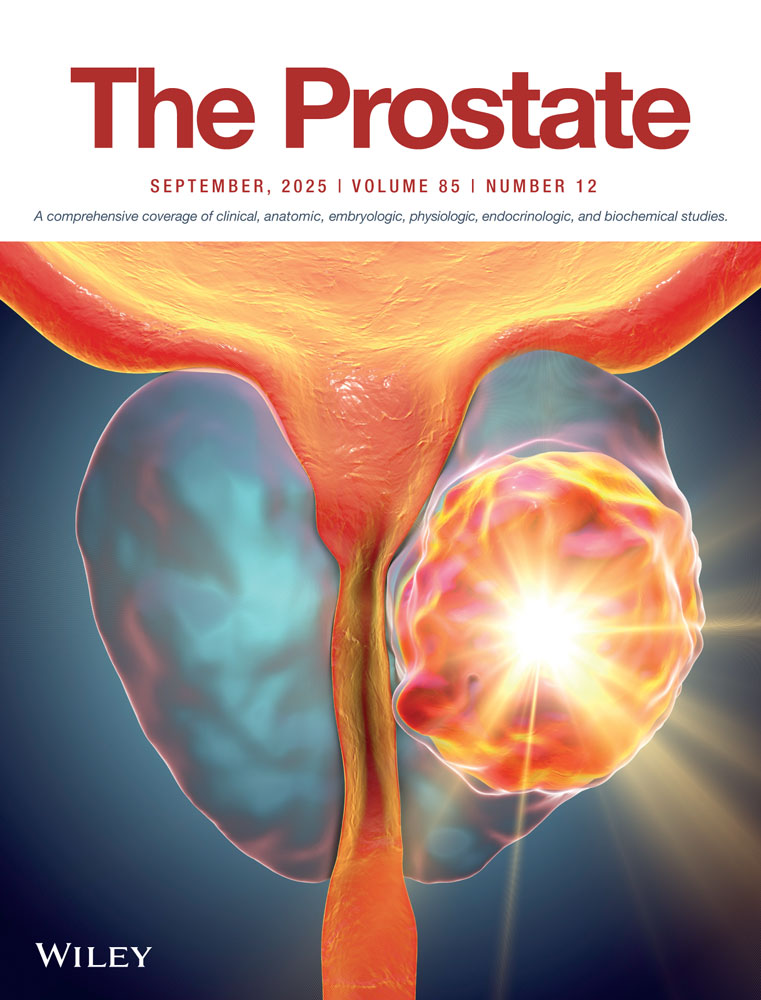Influence of digital rectal massage on urinary prostate-specific antigen: Interest for the detection of local recurrence after radical prostatectomy
Abstract
BACKGROUND
Following radical prostatectomy, urinary prostate-specific antigen (uPSA) may originate from periurethral glands or from recurrent carcinomatous prostatic cells. We evaluated massage of the urethro-vesical anastomosis as a uPSA-releasing method for the detection of local recurrence.
METHODS
PSA was assessed (PSA IMx™, Abbott Diagnostic, Rungis, France) in serum and in the first voided urine before and after massage in 59 patients: 7 after cystoprostatectomy for bladder cancer, 22 with prostate in situ, and 30 after radical prostatectomy for prostate cancer.
RESULTS
No significant changes of uPSA were induced by the massage in cystoprostatectomy patients and in 4 radical prostatectomy patients with a negative biopsy of the anastomosis. In contrast, a significant increase of uPSA was observed after massage in the patients with prostate in situ and in 6 radical prostatectomy patients with biopsy-proven local relapse.
CONCLUSIONS
uPSA before and after massage of the prostatic fossa may constitute a new and efficient tool for the detection of local recurrence, if these preliminary results are confirmed on a larger scale. Prostate 34:23–28, 1998. © 1998 Wiley-Liss, Inc.




